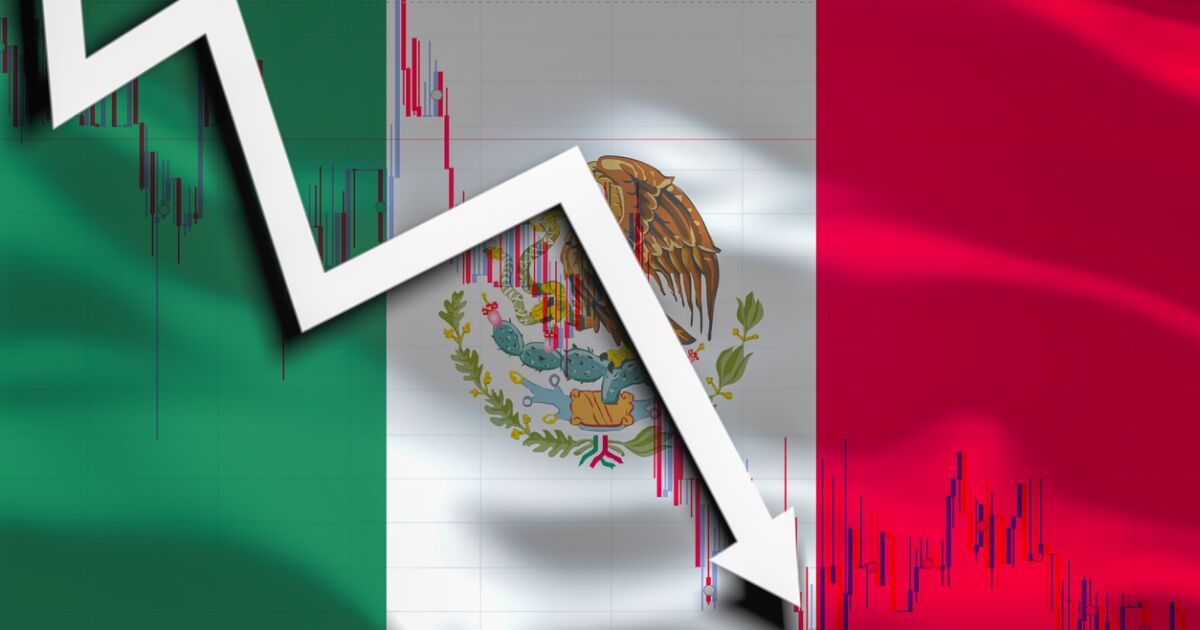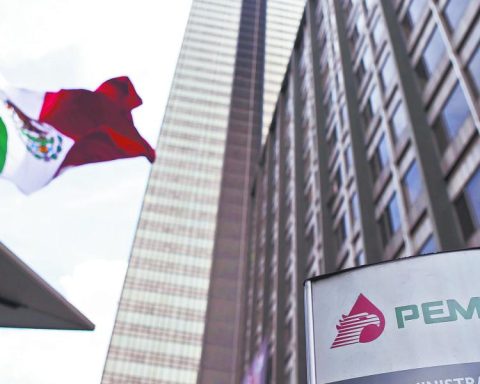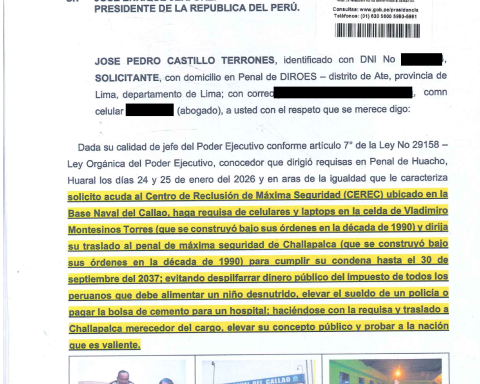“As the judiciary increasingly realigns with the executive and legislative branches, its role in checking and balancing the other branches of power will deteriorate,” he says.
He points out that the judiciary has blocked radical legal changes in the past.
“Investor concerns about legal uncertainty have contributed to near-term financial volatility, and a prolonged confidence shock could widen government spreads and dampen private investment, putting pressure on debt affordability and growth prospects for 2025 and beyond.”
Damage is also expected to Mexico’s corporate sectors that rely on concessions and large investments, such as mining and telecommunications.
“Changes to the judicial system would be particularly detrimental to future nearshoring investments.”
And if uncertainty continues to put pressure on the Mexican peso, this would also harm the credit indicators of companies that calculate their costs in dollars and generate income in pesos.
In addition to judicial reform, the infrastructure sector is also affected by the elimination of regulatory bodies. He explains that this will increase uncertainty around regulations and procedures, making it less attractive for private investment.
“The higher the perception of risk, the higher the return on investment that investors will seek and the higher the additional costs of legal analysis and due diligence.”
Regarding the banking sector, Moody’s explains that it already faces significant difficulties in complying with collateral laws and lengthy bankruptcy resolution processes.
“The latest developments will undermine the benefits to banks’ business volumes and profitability that were expected from nearshoring activities.”

















